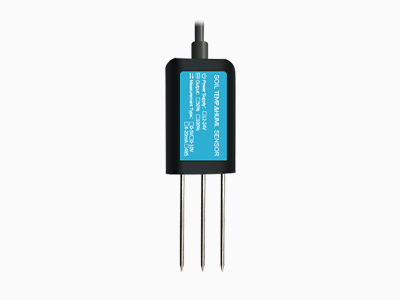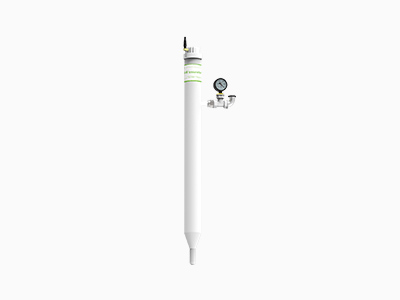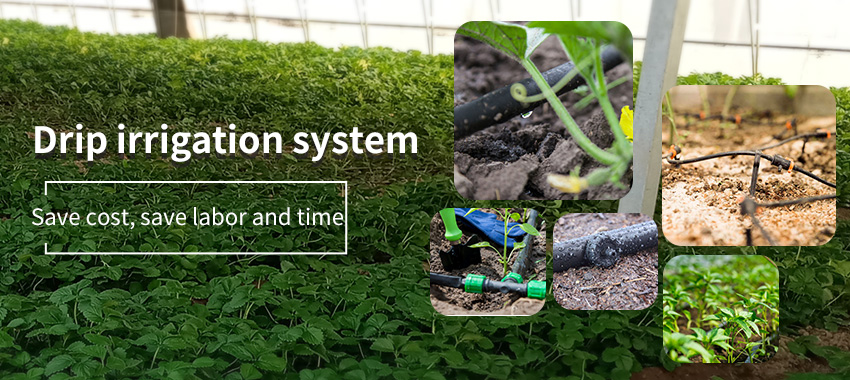
Agricultural irrigation mainly refers to irrigation operations carried out in agricultural growing areas. Agricultural irrigation methods can be generally divided into traditional surface irrigation, ordinary sprinkler irrigation and micro irrigation. However, this traditional surface irrigation often consumes a large amount of water and has low water utilization. This is a very irrational agricultural irrigation method. In addition, sprinkler irrigation is a common irrigation method in agricultural production. Modern agricultural micro irrigation technology includes micro sprinkler irrigation, drip irrigation and seepage irrigation. These irrigation techniques generally have better water-saving performance and higher water utilization rate.
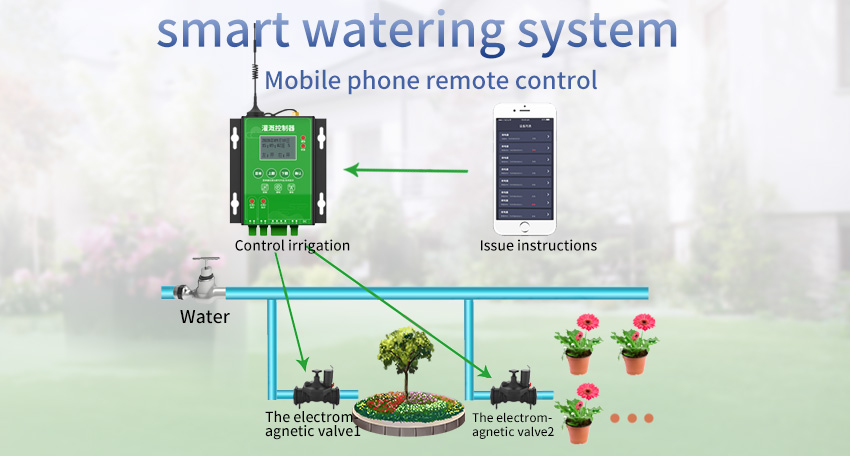
The implementation of a scientific automated irrigation system can save water resources and increase crop yield. The core of automatic irrigation system is to use soil moisture sensor to control irrigation. Soil moisture sensors and automatic watering systems minimize water waste. This paper puts forward the method and suggestion of automatic irrigation planning using soil moisture sensor.
At present, the main methods of soil moisture measurement in the market are tensimeter wet method and fast dielectric method.
Soil moisture sensor is an effective, fast, simple and reliable method to measure soil water content by using the dielectric properties of soil. Since the permittivity of water is much higher than that of ordinary materials, when the moisture in the soil increases, its permittivity also increases, and the capacitance value given by the humidity sensor also increases. The corresponding relationship between sensor capacitance and soil moisture can be used to measure soil moisture.
Soil water tension sensors is a kind of sensor that is widely and successfully used in some soil moisture measurement. This instrument has a porous porcelain head, which is connected to a vacuum gauge through a water-filled pipe. The device is inserted into a borehole in the soil. The porous porcelain head is closely attached to the soil, and the vacuum gauge is set on the ground. The use of tensiometers to measure soil moisture content has been greatly developed.
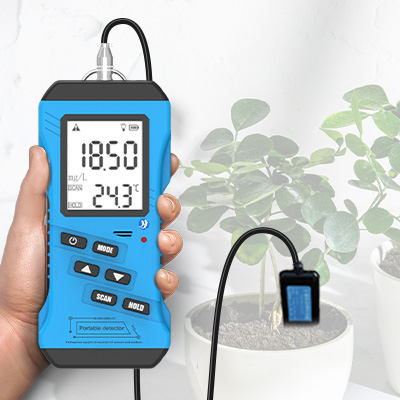
Automatic irrigation system using soil moisture sensor
The soil moisture sensor can measure the frequency change caused by the dielectric constant of the sensor in the soil. The soil moisture sensor has three stainless steel probes inserted into the soil. Soil moisture sensors buried in the roots of crops monitor the moisture of the root soil, and the sensors monitor the results of “high humidity” and “low humidity” through detection circuits. The “too low” signal is transmitted to the master controller through the encoder, and the master controller determines the control status. If the humidity gets too high, irrigation stops; If the humidity is too low, the solenoid valve connected to the water source is controlled by photoelectric isolation and relay.

Working principle of automatic soil moisture sensor irrigation control
Automatic controlled irrigation is the use of soil moisture sensor in the field to collect or monitor soil information, field information, and crop growth information, and transmit the monitoring data to the head control center, and issue corresponding irrigation management instructions to the terminal under the corresponding system software analysis and decision.

